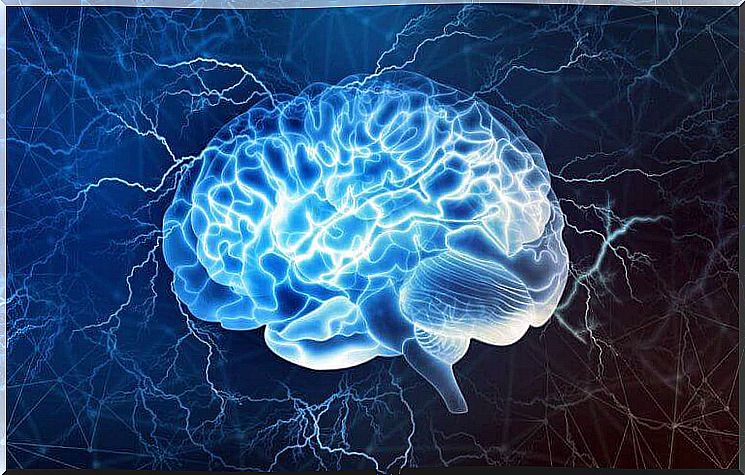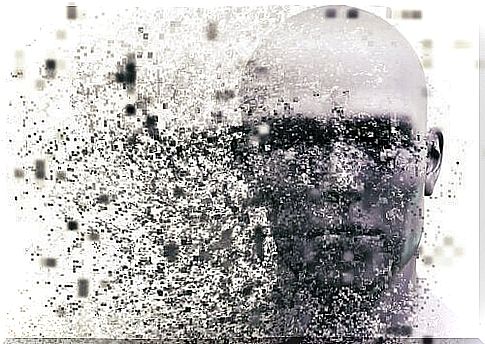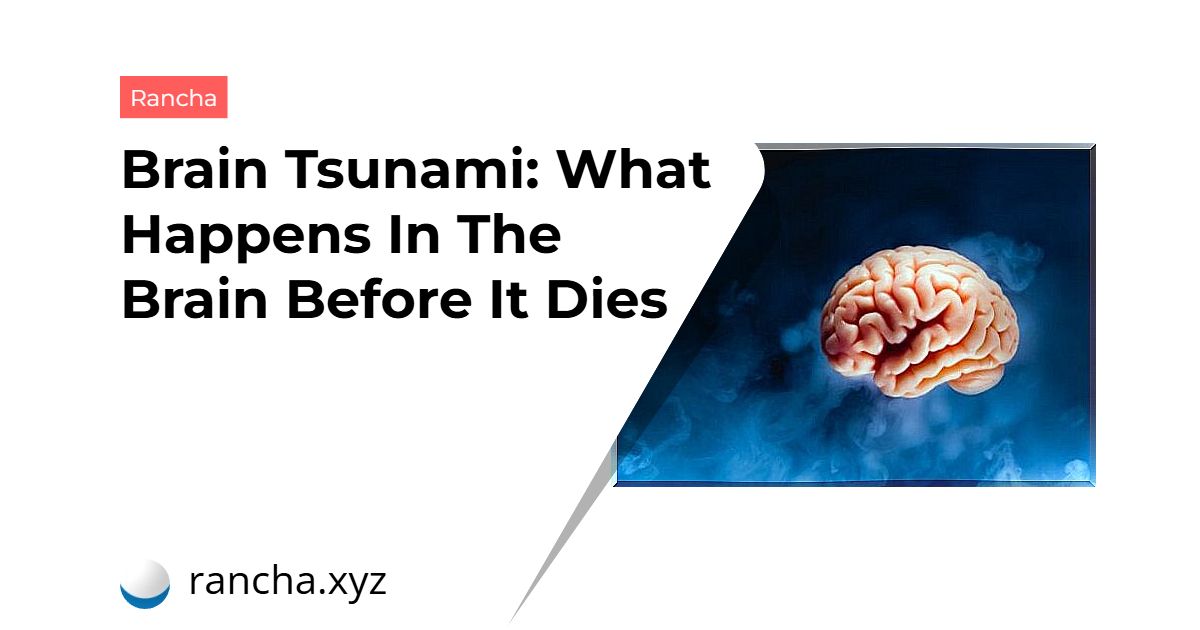A team of neurologists from the Charité-Universitätsmedizin Hospital in Berlin (Germany) and the University of Cincinnati (United States) achieved one of the biggest advances of the year in the field of neurology. The brain, just before it dies, generates a wave of electrical activity, a phenomenon that has been dubbed the ‘brain tsunami’. Once the temporal has passed, death is irreversible.
Nevertheless, this pioneering study entitled “Depolarization of terminal diffusion and electrical silence in the death of the human cerebral cortex”, published in the journal Annals of Neurology , represents a double discovery.
On the one hand, consciousness can remain active minutes after the rest of the body is gone. On the other hand, this delay increases the chances that during those few minutes of “active consciousness-inactive body”, the brain death process can be reversed.
the death of patients
The team of German and North American neurologists sampled nine patients from Germany (Berlin) and the United States (Cincinnati and Ohio). All of them had irreversible brain damage from having suffered traffic accidents, strokes or cardiac arrest.
Therefore, doctors and researchers had the order not to resuscitate them. Thus, they had to previously request the consent of the relatives of these patients so that they would not be resuscitated if necessary.

How they studied the brain tsunami
To study the electrical activity of this organ, they placed electrodes on the brain’s surface. The main objective was to discover the mechanisms that intervened in this brain death, in addition to knowing the neurological events that were taking place at that time.
And they did it! They directly observed the so-called “cerebral tsunami”, a wave of electrical discharges that travels through the entire cerebral cortex and causes irreparable damage. That instant is the beginning of the end of brain cells. It is the moment when they turn off, marking their irreversible death.
Consciousness without heartbeat
This brain tsunami occurs up to 5 minutes after the heart has stopped beating. Without heartbeats, therefore, neurons can continue to function. Thus, after circulatory arrest, there is a gradual loss of neuron electrochemical potential. A phenomenon known as neurological depolarization.
Why? Because neurons need oxygen to function properly. When they stop receiving this fuel, due to a drop in cerebral circulation, they nourish themselves with energy reserves. Thus, they stay alive for a few minutes before turning off completely.
The gradual decrease in potential triggers a series of toxic processes that eventually lead to necrosis and subsequent cell death. However, as the study’s lead author, Dr. Jens Dreier, argues, when blood circulation is restored, this process can be reversed.
Therefore, experts conclude that there is a similarity between brain death in animals and that of humans. Furthermore, they maintain that there is a period when restoration of brain function is hypothetically possible.

The relevance of the discovery
The brain remains one of the least known human organs. Therefore, together with the great advances that have taken place in recent decades, thanks mainly to neuroimaging techniques, this discovery may “lead to the improvement of diagnostic and treatment procedures in the future”, according to the research leader himself.
Brain death is “the irreversible interruption of all brain functions”, according to the Health System of the University of Miami, in the United States. However, at present scientists do not know for sure which is the method of diagnosing it. Furthermore, the exact moment when the capacity for consciousness is lost is not known.
In this sense, this investigation also represents an advance to develop strategies against cardiac arrest and cerebrovascular accidents (CVA). The results of this pioneering research provide impressive data on the neurobiology of death, and are very hopeful. Is it possible to save a person who has suffered cardiac arrest from brain death?
 rancha.xyz Be free to choose their own route to self-knowledge, health and balance of body and soul.
rancha.xyz Be free to choose their own route to self-knowledge, health and balance of body and soul.




